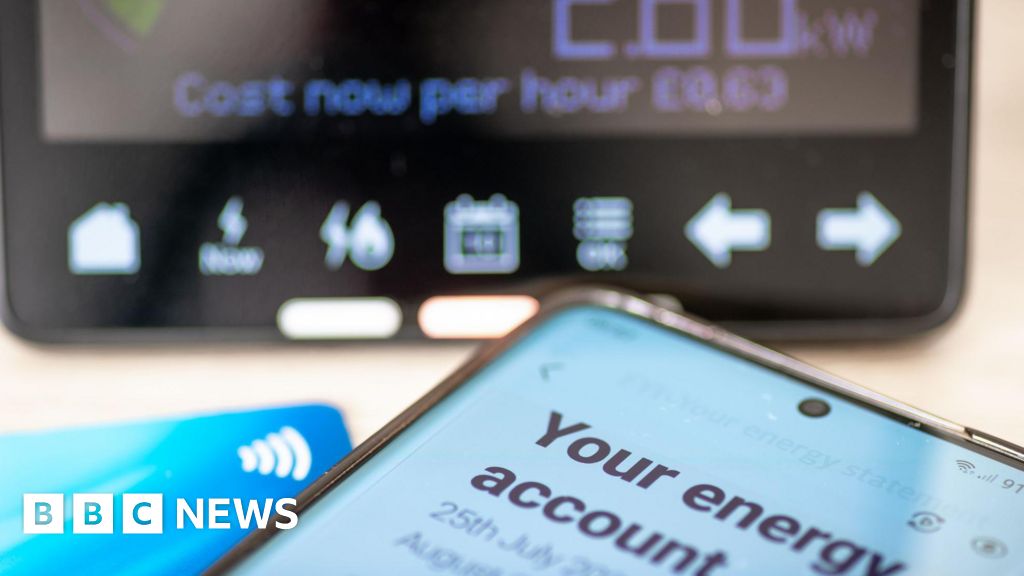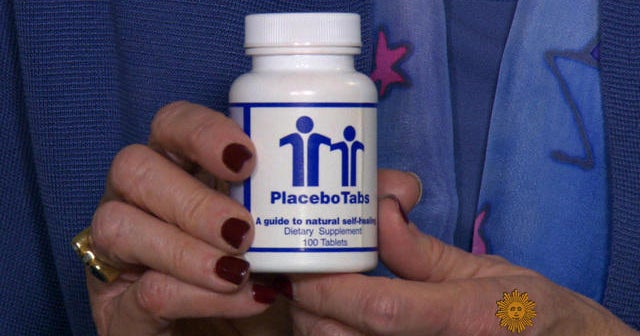Don’t Drink Orange Juice on an Empty Stomach: What It Does to Your Gut Revealed
Drinking orange juice first thing may spike sugar, harm enamel, and irritate your gut. Learn why pairing it with breakfast is key for health.

Starting your day with a glass of orange juice might feel refreshing, but if you're drinking it on an empty stomach, you could be triggering digestive and metabolic issues without realizing it. Recent insights from healthcare professionals reveal that drinking citrus juice—especially on its own—can cause acid reflux, spikes in blood sugar, enamel erosion, and imbalance in gut bacteria. While orange juice does supply vitamin C and flavonoids, timing and pairing with food can make all the difference in whether it helps or harms.
How Orange Juice Affects Your Stomach:
The Acidic Nature of Juice
Orange juice typically has a pH around 3.5, making it notably acidic. When consumed alone, especially first thing in the morning, the acid can irritate a delicate stomach lining, potentially leading to acid reflux or gastritis. Over time, continuous exposure may inflame the stomach lining.
Blood Sugar Rollercoaster
A standard glass of orange juice contains 20–25 grams of natural sugar, primarily fructose. Without the fiber from whole fruit to slow absorption, it leads to a rapid blood sugar spike—followed by a sharp crash—which can cause fatigue, hunger, and irritability. Diabetic individuals or those with prediabetes may experience worsening glycemic control.
Oral Health and Digestive Balance at Risk:
Eroding Tooth Enamel
Acid in orange juice can weaken tooth enamel. Because saliva production is low early in the morning, your teeth are less able to repair acid damage. Repeated exposure may leave teeth more susceptible to decay and sensitivity.
Fiber Loss Affects Gut Flora
Juice lacks the dietary fiber present in whole fruit. That fiber promotes healthy gut bacteria and smooth digestion. Without it, orange juice’s sugar rush doesn't support intestinal motility or beneficial microbes.
The Good — When Orange Juice Works:
Nutrients Packed with Benefits
Orange juice is rich in vitamin C, potassium, folate, and flavonoid antioxidants such as hesperidin and naringenin. These compounds may support immune function, reduce inflammation, and help metabolize cholesterol—when consumed in moderation and with food.
Positive Microbiome Effects in Case Studies
A clinical trial on young women found that daily intake of orange juice helped increase beneficial gut bacteria like Lactobacillus and Bifidobacterium. It also tended to reduce ammonia production and boost short-chain fatty acid output—both signs of healthier gut metabolism.
Health Risks When Juice Hits an Empty Stomach:
Acid Reflux and Gastropathy
Drink juice on an empty stomach and you may experience acid rising into the esophagus, heartburn, or even gastritis. Sensitive individuals may feel immediate discomfort from the combination of acid without food to buffer it.
Insulin Response and Metabolic Limits
Without fiber or protein to slow absorption, sugar floods your bloodstream, triggering a brisk insulin response. Over time, frequent spikes increase insulin resistance risk and heighten diabetes vulnerability.
Enamel Wear and Dental Discomfort
The combination of acid and sugar in orange juice, especially without saliva and food present, increases the likelihood of enamel loss and dental sensitivity—particularly for those prone to cavities.
How to Safely Enjoy Orange Juice:
Limit Quantity and Frequency
Stick to small servings—no more than 150 ml per day. Overconsumption increases acidity and sugar intake beyond beneficial levels.
Pair with Fiber and Protein
Have juice with whole meals or solid foods like oats, whole-grain toast, nuts, or yogurt. A balanced breakfast slows sugar absorption, buffers acidity, and supports steady blood glucose.
Drink Smart—Straw and Rinse Tips
Drink through a straw to reduce contact with teeth. Rinse your mouth with water afterward to help neutralize acid and preserve enamel.
Who Should Skip Empty-Stomach Juice:
Individuals with Digestive Sensitivity
Anyone with acid reflux, gastritis, peptic ulcers, or a history of heartburn should avoid juice on an empty stomach.
Those Managing Blood Sugar
People with prediabetes, diabetes, or insulin sensitivity should avoid standalone juice that may spike glucose sharply.
Dental Vulnerabilities
Individuals with tooth sensitivity or prior enamel erosion should space out acidic drinks and prioritize hydration instead.
Summary:
| Issue | Why It Matters |
|---|---|
| Acidic pH (~3.5) | Can irritate stomach lining and trigger reflux |
| Sugar rush (20–25 g per glass) | No fiber causes rapid blood glucose spike followed by crash |
| Enamel erosion risk | Acid and sugar weaken teeth on an empty stomach |
| Fiber loss | No roughage means less support for gut health |
| Benefits when paired | Nutrients help when part of balanced, fiber-rich breakfast |
The Balanced Way: When Juice Helps
Even though juice on its own has drawbacks, when thoughtfully integrated into a meal it can offer benefits: improved vitamin absorption, hydration, and gentle nutrient boosts. When eaten with whole-food carbohydrates and proteins, your body metabolizes sugar more gradually, acid is buffered, and gut health is supported. Some studies also show modest improvements in cholesterol levels and inflammation markers when juice is combined with a balanced diet and healthy lifestyle.
Why This Lesson Matters
-
Natural doesn’t guarantee safe: Even vitamin-packed juice can cause harm if consumed at the wrong time or in excess.
-
Breakfast routines matter: Timing nutrients with fiber and food optimizes digestion and metabolic response.
-
Gut and oral health effects accumulate: Repeated acidic exposures weaken both intestinal and dental resilience.
-
People with specific conditions must be cautious: Insulin resistance, ulcers, or sensitive digestive systems demand smarter choices.
Final Thoughts
Starting your day with orange juice may feel refreshing—but doing so on an empty stomach is a recipe for acid overload, sugar spikes, and digestive disruption. Enjoy it instead with meals or solid food, keep portions moderate, and give your gut the support it deserves. With this simple adjustment, orange juice can still brighten your breakfast rather than cause hidden health trouble.
What's Your Reaction?
 Like
0
Like
0
 Dislike
0
Dislike
0
 Love
0
Love
0
 Funny
0
Funny
0
 Angry
0
Angry
0
 Sad
0
Sad
0
 Wow
0
Wow
0


























































